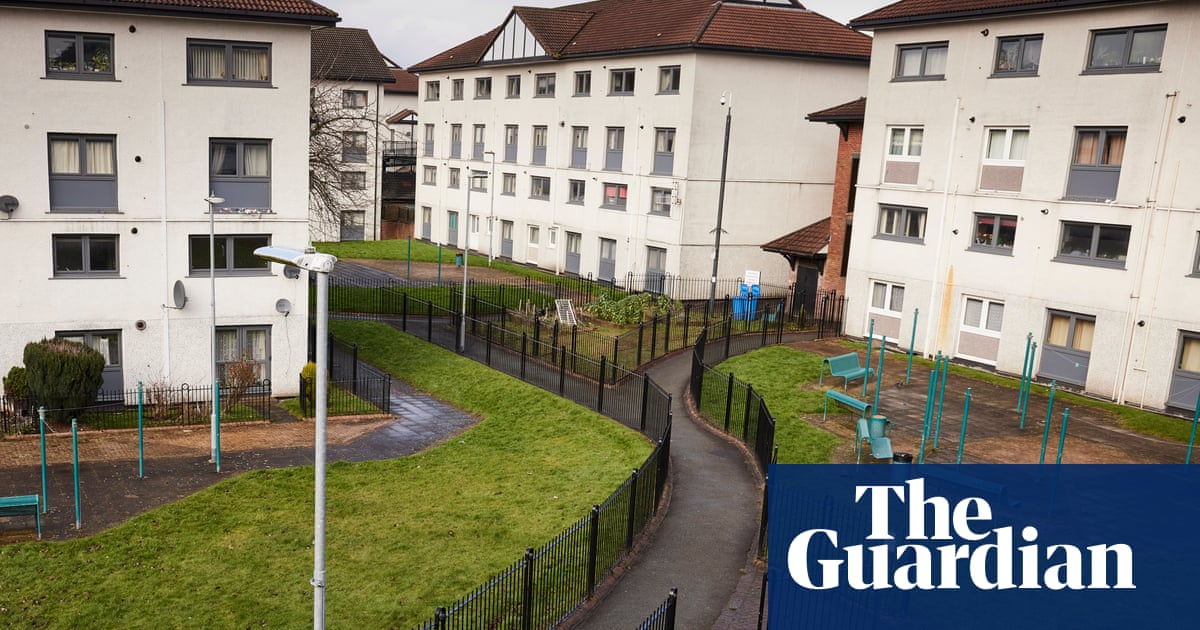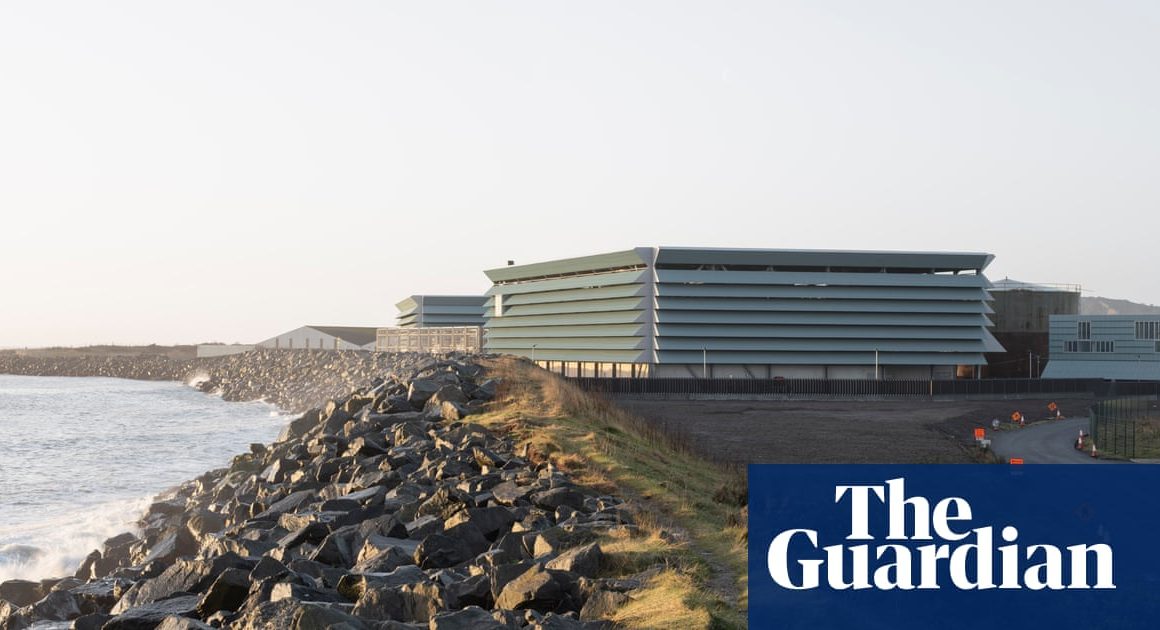Unwanted visitors have been banned from open spaces at a housing estate in the first order of its kind designed to “rescue” areas from criminals.
For the next three months, anyone loitering on stairwells, bridges or open spaces or near bin chutes across all 19 blocks of the Freehold estate in Greater Manchester faces arrest.
Since the inquest into the death of Awaab Ishak, two, who died after being exposed to mould in his home at Freehold, in Rochdale, conditions across the 1960s-built estate have come under scrutiny.
Residents have complained of “incessant drug dealing” and intimidation in the area, according to Greater Manchester police (GMP), who have responded with what is understood to be the first “closure order” of its kind.
Closure orders have been used before to shut down specific addresses, or limit access to parts of housing estates. But the scope of the open space closure order zone secured by GMP on the Freehold estate – covering an area of 376 properties – is unprecedented.
GMP said the order’s “innovative powers” would be used to “manage drug dealing and reduce antisocial behaviour” by “closing off 19 blocks of flats to non-residents”, backed by patrols.
The statement said: “By utilising legislation to implement an open space closure order zone, the order prohibits non-residents from congregating in stairwells, on landings, bridges and near bin chutes, and within open spaces attached to properties – all the issues which our community told us were affecting them the most. It will be in force from Monday 4 November and will last for three months.”
The force said the closure order “will not negatively impact” residents or their lawful visitors, but “means that police will be able to more effectively remove criminals who are loitering”.
It is the latest application of the “Clear, Hold, Build” strategy adopted nationwide in January 2023 when Suella Braverman was home secretary, after pilots in West Yorkshire and in Merseyside, where it was used against organised crime after the murder of Olivia Pratt-Korbel.
It involves a place-centred approach whereby police pursue offenders to “clear” the area, use their presence to “hold’ it so new offenders don’t move in, and then work to “build” it into a “more prosperous” area less vulnerable to criminal activity
In Greater Manchester, it has been used to crack down on the trade in counterfeit items and drugs that centred on the northern outskirts of the city centre at Bury New Road, before being applied in the central square of Piccadilly Gardens, amid concerns of drug dealing and child exploitation. The latest initiative, in Rochdale, followed “hours and hours” of consultation with residents, 40 arrests, and the seizure of “large volumes of drugs, gangs and weapons from the area” GMP said.
Insp Meena Yasin, of GMP, said the order was a “revolutionary way” of using existing legislation, adding: “This new order should dramatically reduce crime and antisocial behaviour in the Freehold area because if we identify people who are entering the neighbourhood without permission or to commit crime, we can arrest and remove them.”
Social landlords Rochdale Boroughwide Housing said the new powers would help them meet their goal of making the area a “safe neighbourhood that our customers are proud to call home”.












